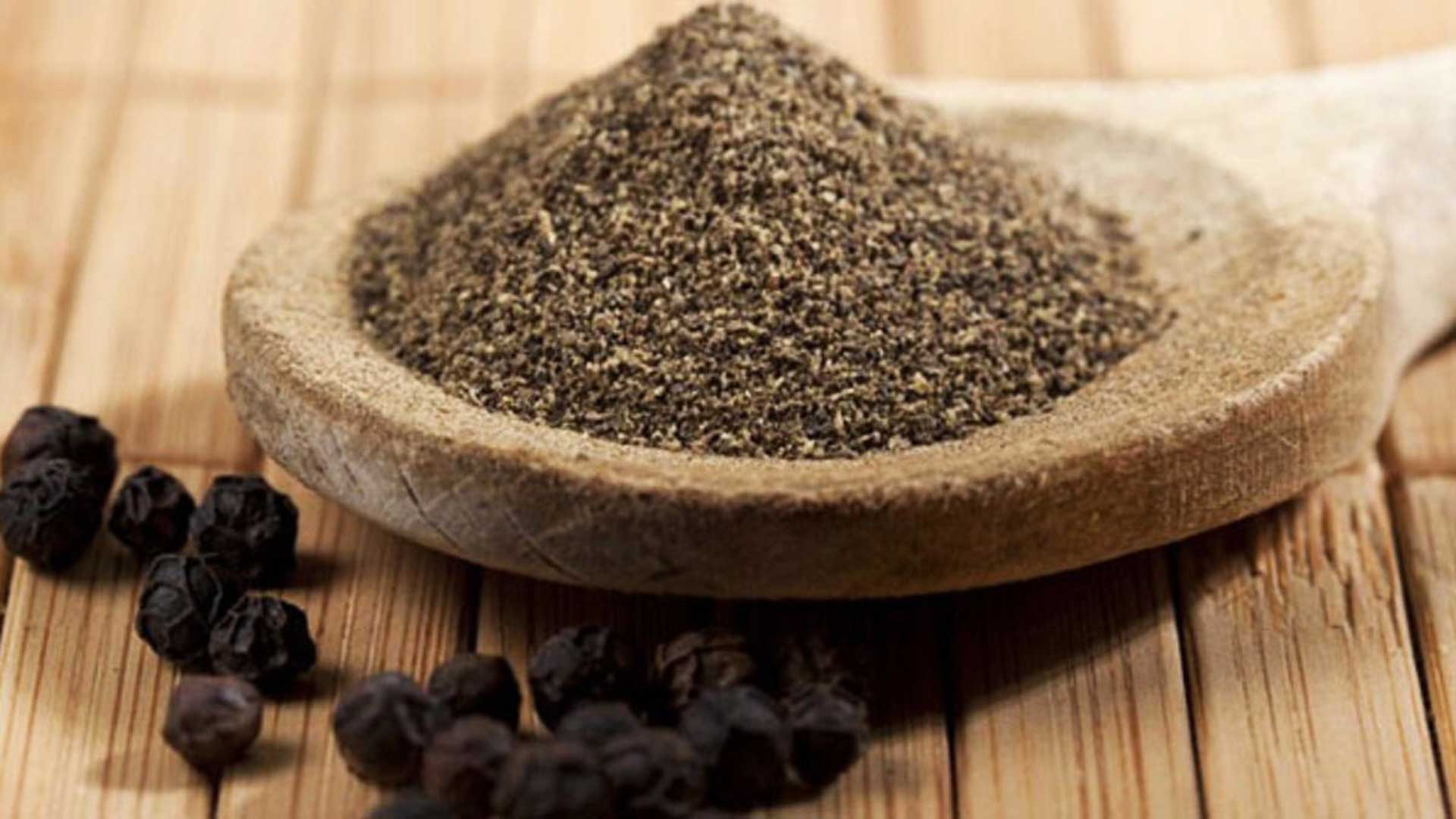About Black Pepper

BLACK PEPPER
Throughout human history, no food has been as effective as spices.
At first spice was used to preserve and flavor foods but later used in many fields from medicine to cosmetics and even caused the discovery of America. The search for an inexpensive way to get the spice in the East led to geographical discoveries and even the discovery of America. Vasco da Gama toured the Cape of Good Hope in 1498 and opened the way to India. Christopher Columbus toured the West Indies and Magellan traveled to South America to the East Indies. In other words, we can say that America was discovered thanks to black pepper.
Salt and pepper, which are indispensable condiments of all of our homes, were regarded as a monetary value in ancient times and even taxes could be paid with black pepper. Romans used to say "expensive as black pepper" to call something expensive.
The outer part of the black pepper, which is obtained by drying and crumbling red round seeds, is fleshy on the outside and hard on the inside. Black pepper is obtained if it is harvested and dried before ripening. White pepper is obtained if it is peeled and dried after ripening. Both peppers are used as a spice. Whether we take the black pepper in grain or powder form, the most important point to pay attention to is its freshness. Having come into contact with air, black pepper quickly loses its freshness and smell.
So, what are the benefits of black pepper, which is often used in upper respiratory diseases?
Black pepper is so important that the first drug of Hippocrates -the father of medicine-, is thought to be a mixture of honey, vinegar and black pepper. Black pepper is rich in potassium, magnesium, iron, vitamins K and C. Being a powerful anti-inflammatory, black pepper can also meet 70% of the vitamin A needed by the body.








